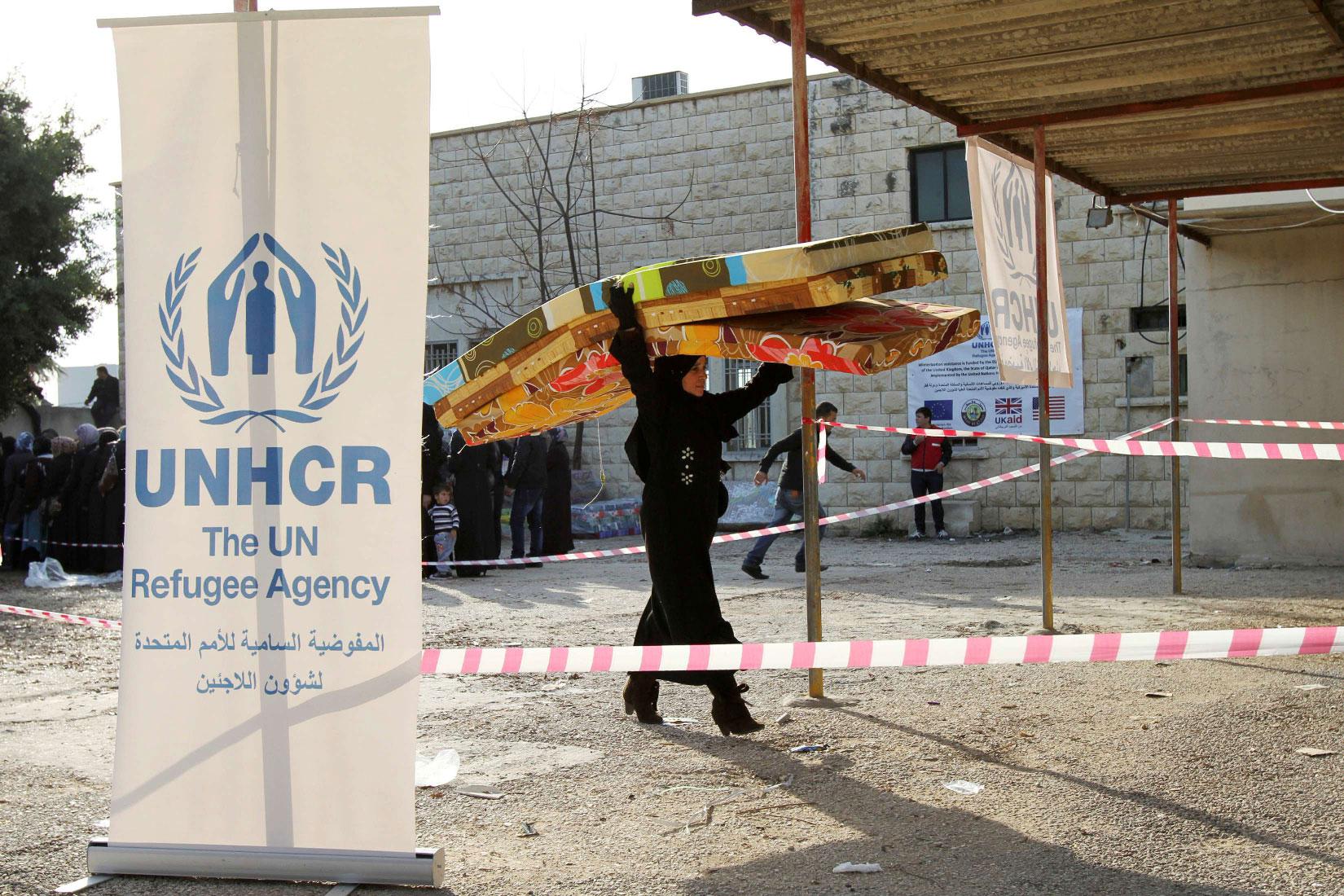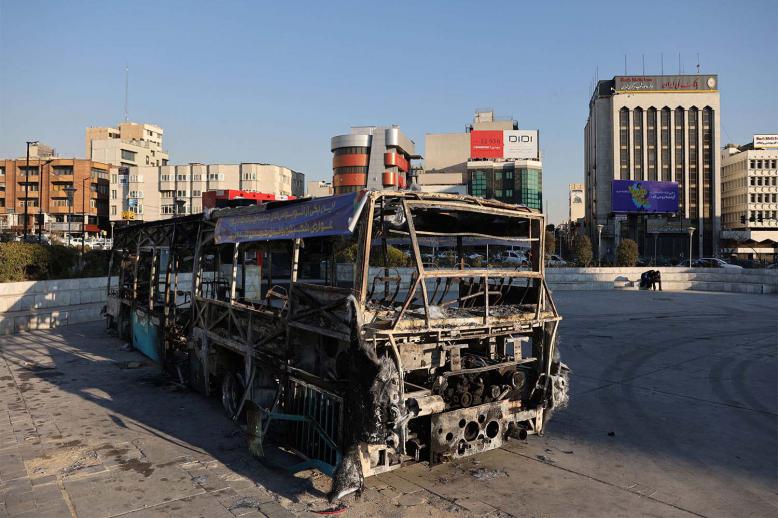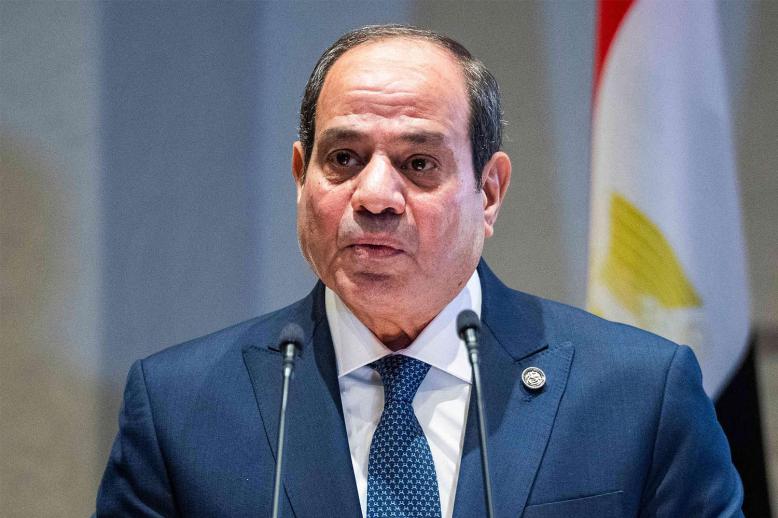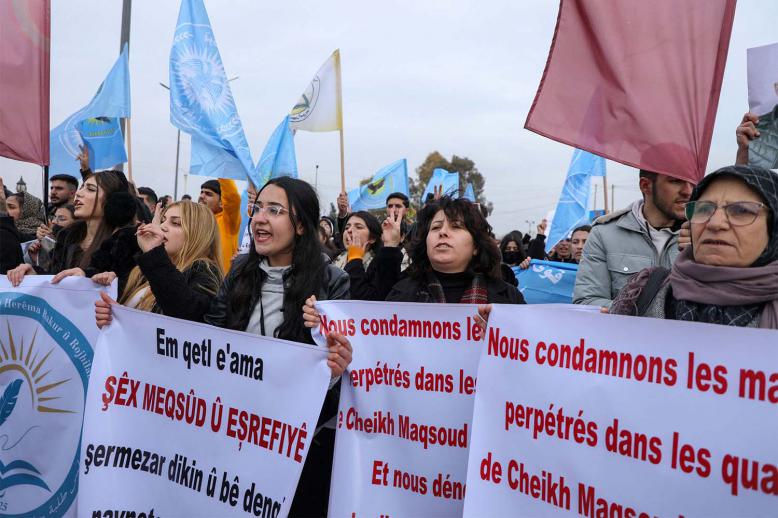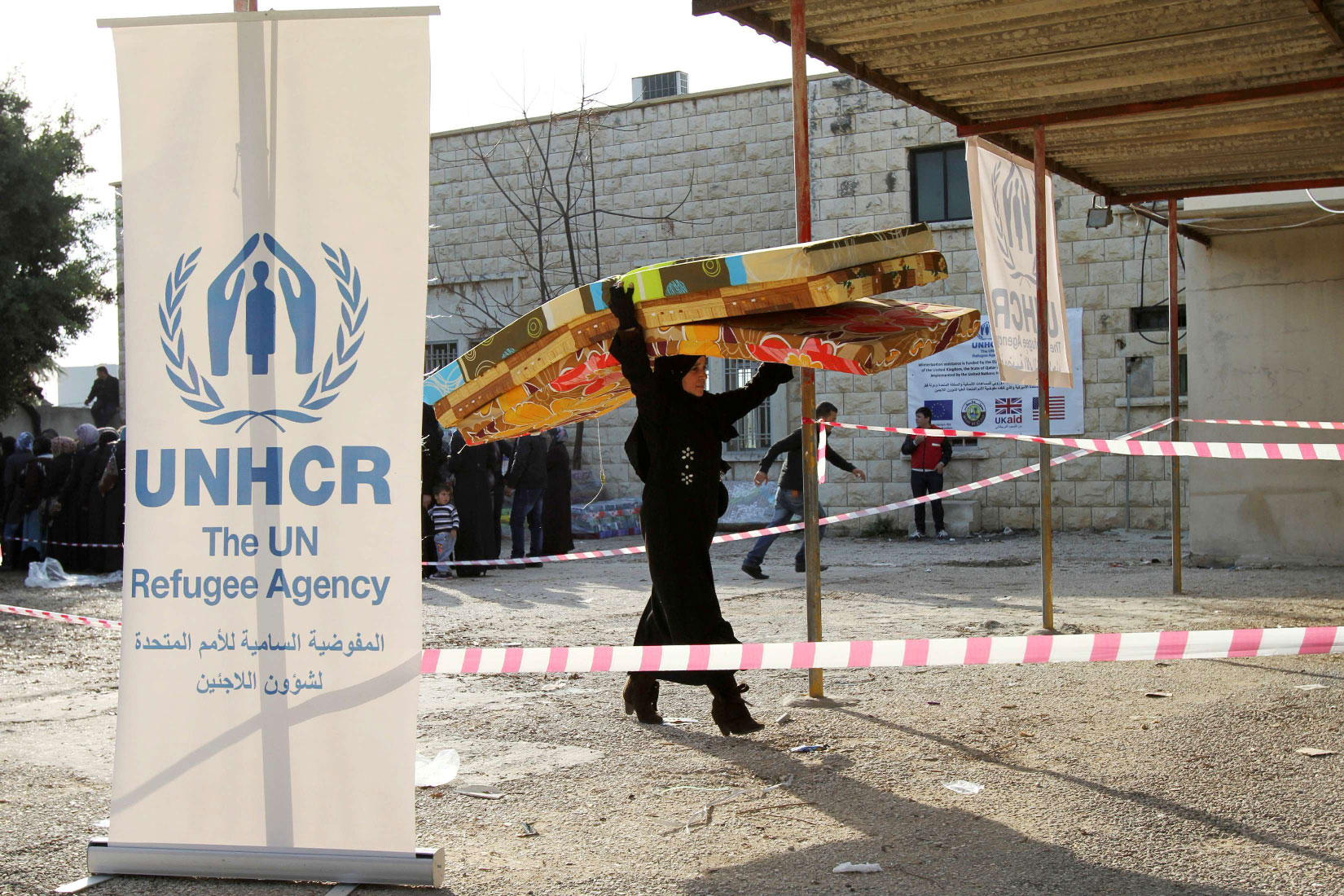Beirut, UNHCR in spat over residency permits
GENEVA - The UN refugee agency (UNHCR) on Tuesday urged Lebanon to reverse a decision to block residency permits for its international staffers following a spat over Syrians displaced by the war.
Lebanese President Michel Aoun has been calling for Syrian refugees to return to areas of the country he has described as secure. Aoun says this should happen before a final political solution to the seven-year-long war.
The decision was announced on Friday by the office of Lebanon's Foreign Minister Gebran Bassil who has accused UNHCR of intimidating refugees to prevent their return to Syria.
Lebanese Prime Minister Saad Hariri had immediately moved to disassociate himself from the move, with his office describing it as "unilateral" and "not representative of the Lebanese government's position".
Some ministers and advisers to Hariri earlier called on Bassil - leader of the Free Patriotic Movement party - to revoke his decision to halt residency procedures, inisiting there are no safe zones in Syria to enable the return of refugees.
In defense of the decision, the Foreign Ministry released a statement citing UNHCR’s attempts to dissuade refugees from returning. It alleged that the agency told refugees about the possibility of obligatory military service, security problems, poor living conditions and the cutting off of aid in the event of their return to Syria.
Bassil had also on Thursday pointed the finger at the agency in a posting on Twitter.
"We sent a mission that verified that the UNHCR is intimidating the displaced who wish to return voluntarily," he tweeted.
Speaking to reporters in Geneva, UNHCR spokesman Andrej Mahecic said the agency was "very concerned" by the move.
"We hope the decision of the foreign ministry will be reversed without delay," he said.
UNHCR has denied the allegations that it persuaded refugees not to return, but also made clear it does not believe the conditions in Syria are "conducive" for the return of refugees -- although Mahecic said the situation was changing and that the agency was following developments.
"We do not oppose or discourage people returning, when they return based on their own decision and based on informed choice," Mahecic said.
"It is the reality that some people are returning. They are making their decision to go back," Mahecic said. "We have also in that regard ramped up our assistance inside Syria where we can to be able to support those," he said.
But fighting in Syria had escalated in a number of areas in the past months, he said, and "given the overall situation, we do not believe conditions are conducive to returns".
Officials in Lebanon have been increasingly at odds with the international community on the issue of Syria, with Aoun saying UN bodies were endangering the country over alleged references to the refugees’ permanent settlement.
Bassil and Aoun have repeatedly said Lebanon can no longer handle the burden of hosting refugees. There are an estimated 1.5 million people displaced by the war in neighbouring Syria in Lebanon -- a figure representing more than a quarter of its population before the conflict.


